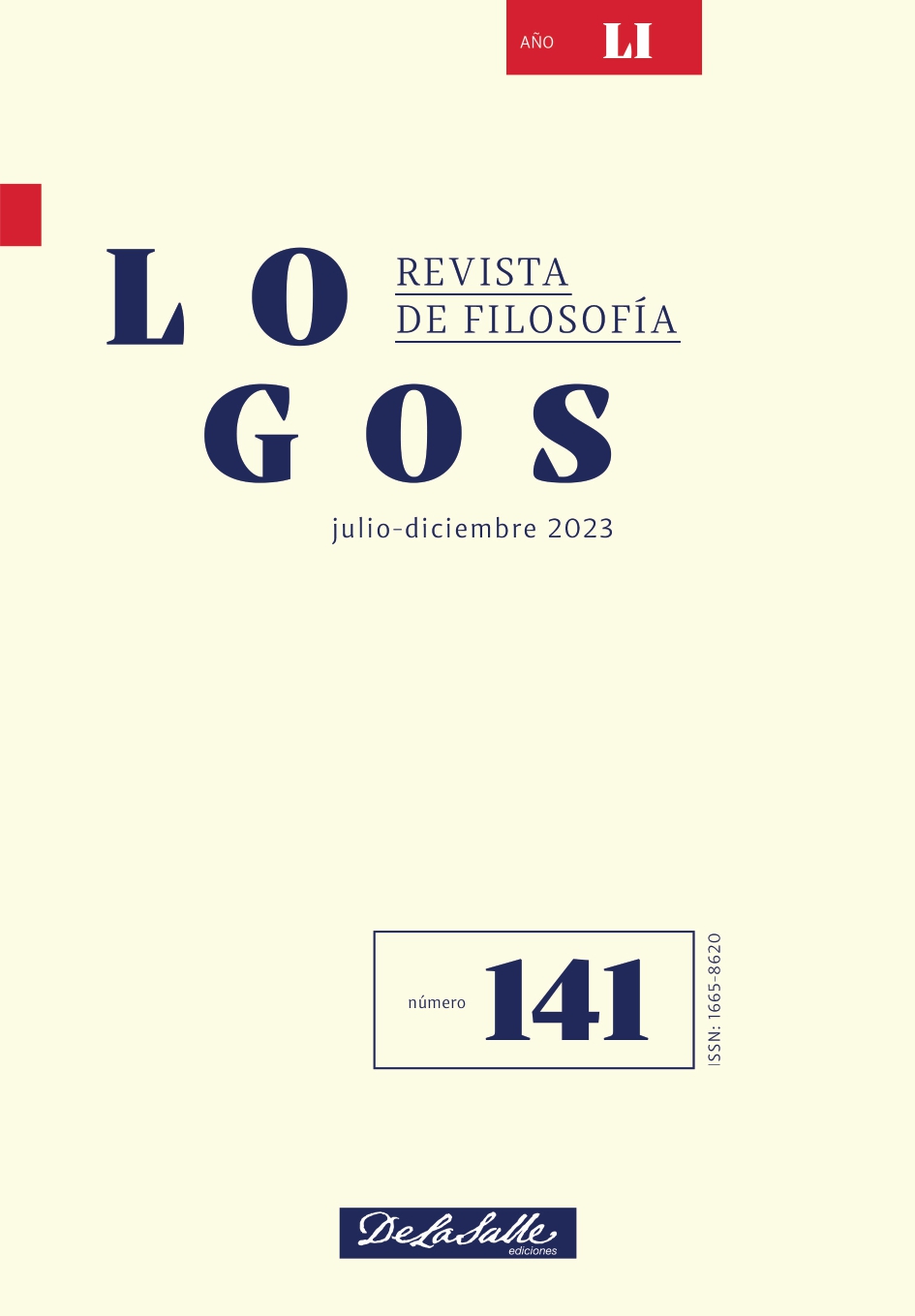Narrating philosophy: Richard Rorty’s liberal hope
DOI:
https://doi.org/10.26457/lrf.v141i141.3894Keywords:
Political philosophy, linguistic turn, liberalism, Richard Rorty, Carl SchmittAbstract
Behind Richard Rorty’s political thinking, there is a complex understanding
of Philosophy that tries to address the challenges brought by the so-called
“linguistic turn.” By taking the contributions of Analytic philosophy to its
necessary and extreme conclusions, Rorty allows himself to reformulate the
meaning and limits of Philosophy itself in order to make it an ally of liberal
spirit. It seems that Rorty is facing, thanks to the tools he inherited from the
linguistic turn, important critics to the liberal spirit –apparently dominating
western societies during the second half of the twentieth century– for instance,
Carl Schmitt’s criticism of parliamentary democracy. For Rorty, telling
the story of western philosophy is the point of departure for defending liberal
principles in contemporary societies.
Downloads
References
Gutting, G. (2003). Rorty’s critique of epistemology. En C. Guignon y D. Hiley (Eds.), Richard Rorty (pp. 41-60). Cambridge University Press.
Laslett, P. (1972). Prólogo. En P. Laslett, W. Runciman y Q. Skinner, Philosophy, politics and society (pp. vii-x). Barnes & Noble.
Nietzsche, F. (1988). Nachgelassene Fragmente 1869-1874. Deutscher Taschenbuch.
Nussbaum, M. (1995). Poetic justice: the literary imagination and public life. Beacon Press.
Rorty, R. (1980). Philosophy and the mirror of nature. Princeton University Press. (Obra original publicada en 1979).
Rorty, R. (1992). The linguistic turn. Essays in philosophical method. The University of Chicago Press.
Rorty, R. (1993). Contingency, irony, and solidarity. Cambridge University Press.
Rorty, R. (1998). Achieving our country: leftist thought in twentieth-century America. Harvard University Press.
Rorty, R. (2000). La filosofía y el espejo de la naturaleza (J. Fernández Zulaica, Trad.). Cátedra.
Rorty, R. (2010a). Pragmatism, relativism and irrationalism. En C. J. Voparil y
R. J. Bernstein (Eds.), The Rorty reader (pp. 111-121). Wiley-Blackwell.
Rorty, R. (2010b). Pragmatism as romantic polytheism. En C. J. Voparil y R. J.
Bernstein (Eds.), The Rorty reader (pp. 444-455). Wiley-Blackwell.
Rorty, R. (2010c). Solidarity or objectivity? En C. J. Voparil y R. J. Bernstein
(Eds.), The Rorty Reader (pp. 227-238). Wiley-Blackwell.
Schmitt, C. (2011). Political romanticism. Routledge.
Senior, J. (2016, 21 de noviembre). A book from 1998 envisioned 2016 election. The New York Times, Sección C, p. 1.
Taylor, C. (2003). Rorty and philosophy. En C. Guignon y D. Hiley (Eds.), Richard Rorty (pp. 158-180). Cambridge University Press.
Taylor, C. (2008, 21 de octubre). Master narratives of modernity, disenchantment and secularity, and a more adequate narrative of Western secularity. https://berkleycenter.georgetown.edu/events/master-narratives-of-modernity-disenchantment-and-secularity-and-a-more-adequate-narrative-of-western-secularity
Wittgenstein, L. (1963). Schriften 1. Tractatus logico-philosophicus. Suhrkamp.


